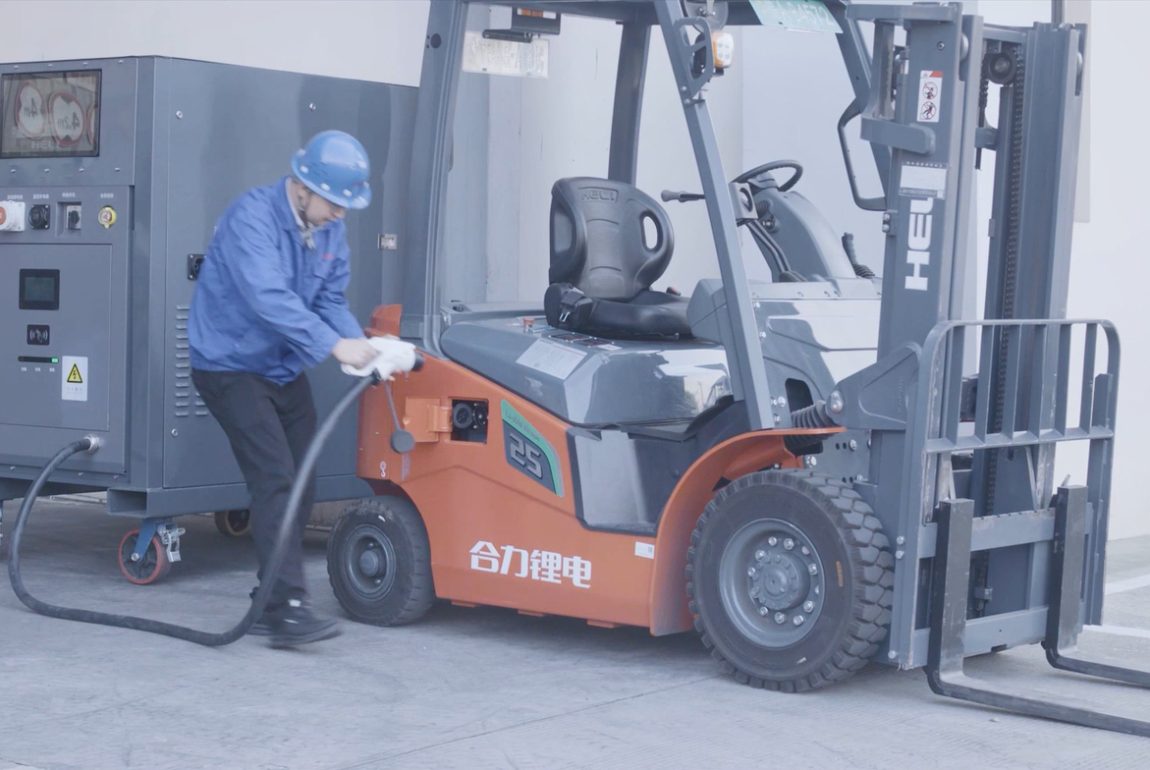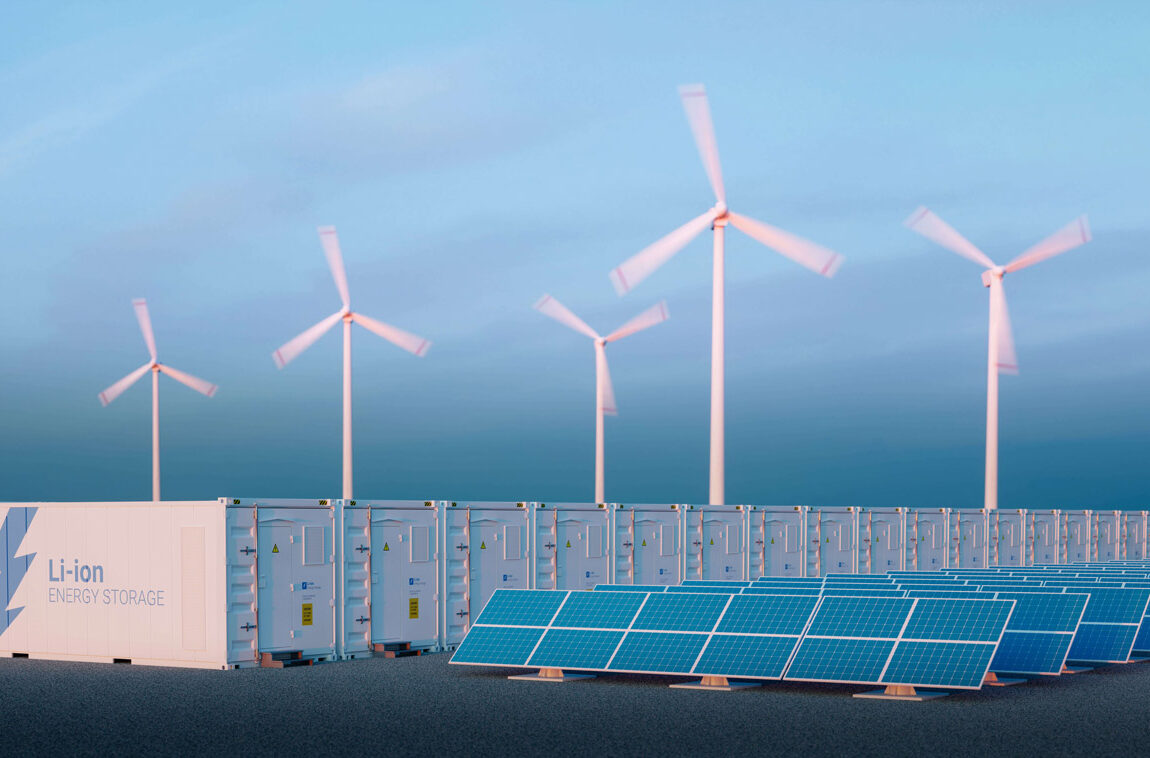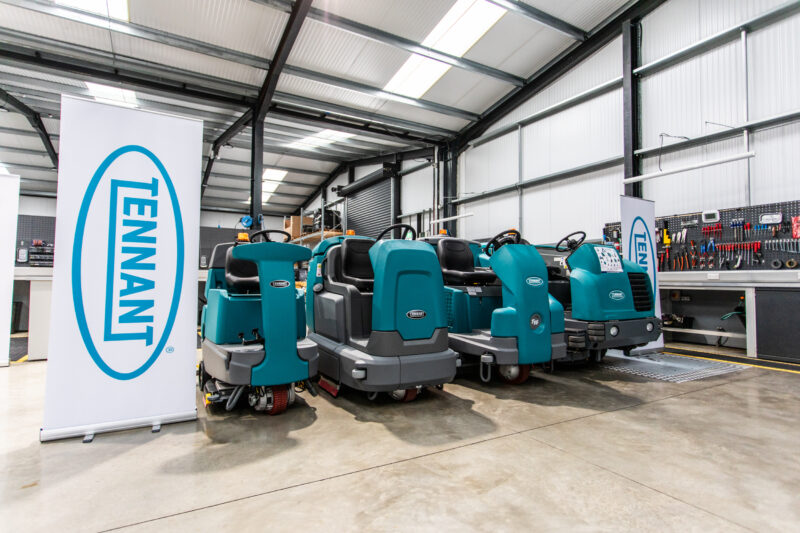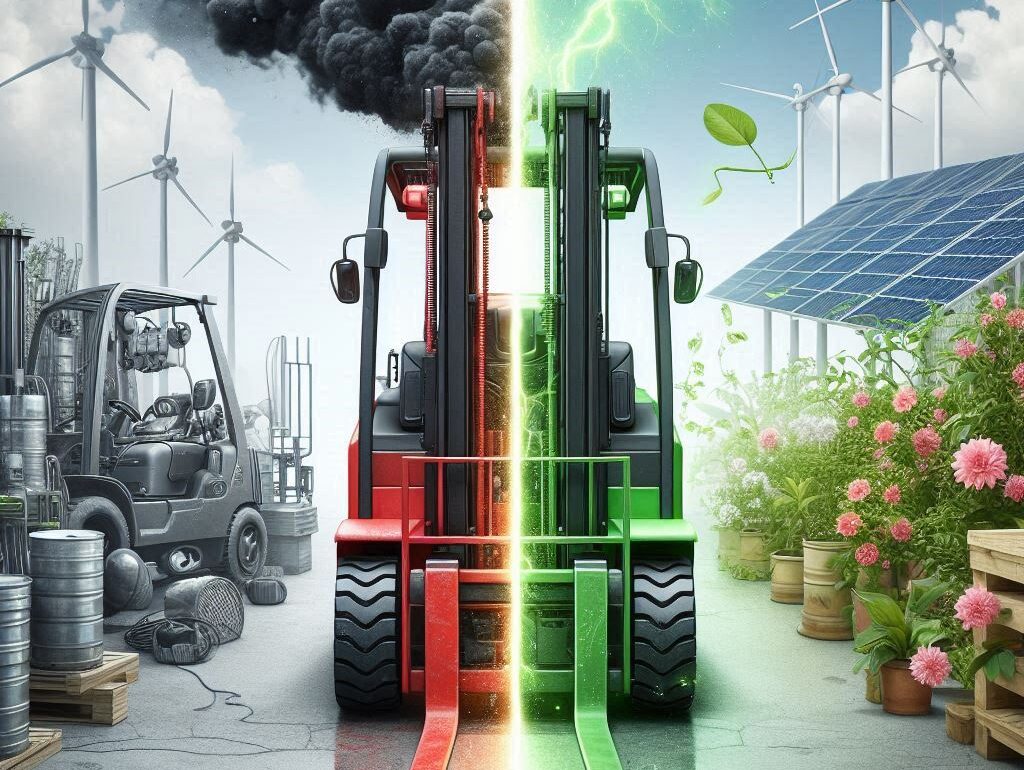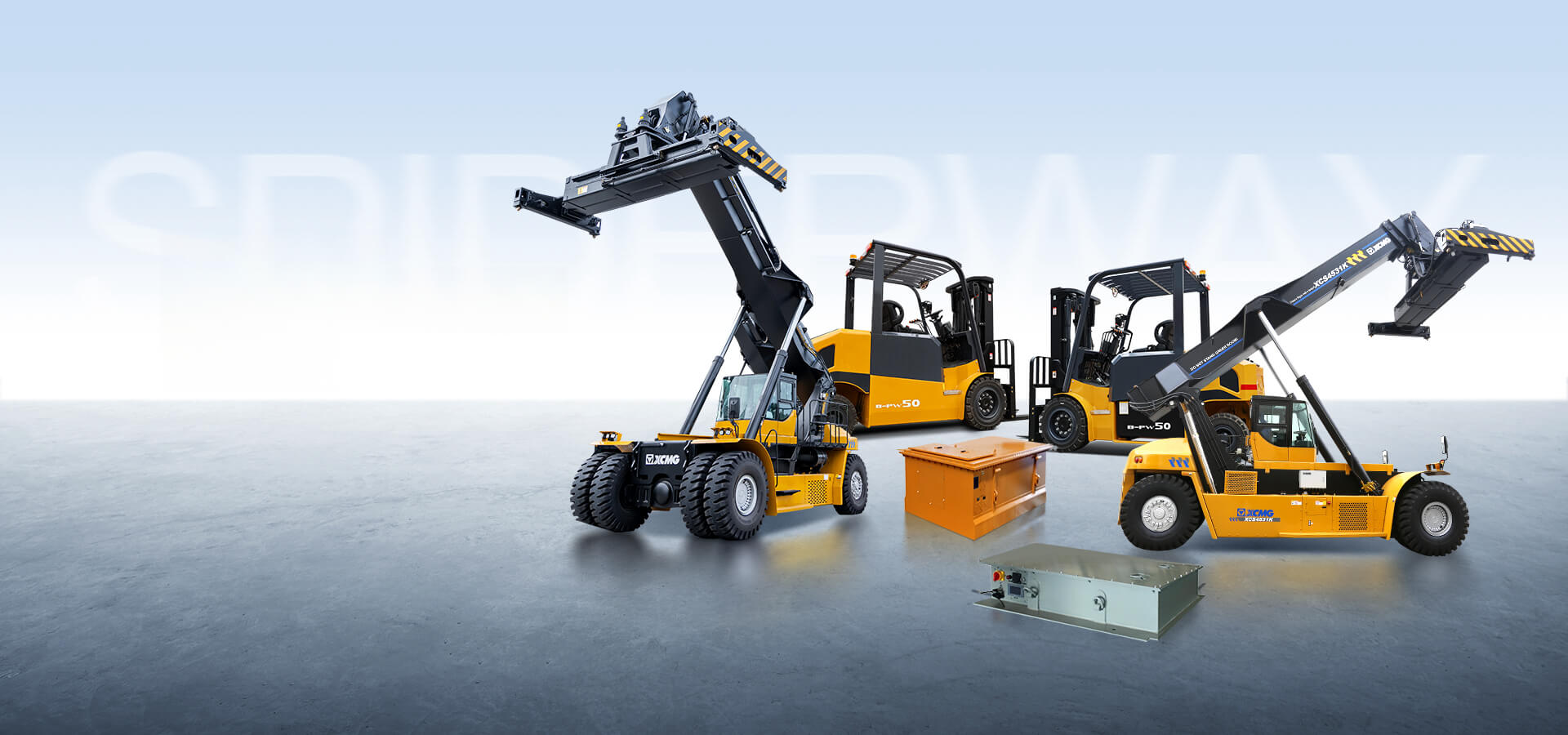
Lithium iron phosphate (LFP) batteries have emerged as a promising energy storage solution for the construction machinery industry, offering a range of advantages over traditional diesel-powered equipment. As the world moves towards a more sustainable future, major construction equipment manufacturers are investing heavily in the development of electric and hybrid machines to reduce emissions and noise pollution.
LFP Battery Applications in Construction Machinery
LFP batteries are finding widespread use in various construction equipment, including:
- Excavators: Komatsu, one of the world’s largest construction machinery manufacturers, has developed a range of electric excavators powered by LFP batteries[4]. These machines offer zero emissions and reduced noise levels, making them ideal for urban construction projects.
- Wheel Loaders: Caterpillar, the world’s largest construction equipment manufacturer, has introduced electric wheel loaders that utilize LFP battery technology[1]. These machines provide significant cost savings in terms of fuel and maintenance while delivering the same performance as their diesel counterparts.
- Compact Equipment: JCB, a leading UK-based construction equipment manufacturer, has focused on electrifying its compact machinery, such as mini excavators and telehandlers[2]. These machines are well-suited for electric power due to their lower energy requirements and the potential for longer runtimes on a single charge.
Advantages of Transitioning from Diesel to Electric
The conversion from diesel to electric power offers several benefits for construction equipment operators:
- Reduced emissions: Electric machines powered by LFP batteries produce zero direct emissions, significantly reducing the environmental impact of construction projects[3].
- Lower operating costs: Electricity is generally cheaper than diesel fuel, and electric machines require less maintenance, resulting in substantial cost savings over the lifetime of the equipment[2].
- Quieter operation: LFP-powered machines generate much less noise and vibration compared to diesel engines, improving working conditions for operators and reducing disturbance to nearby residents[3].
- Increased versatility: Electric machines can operate indoors and in enclosed spaces where diesel engines are prohibited due to emissions and ventilation concerns[3].
Challenges and Considerations
While the transition to electric construction equipment is promising, there are still some challenges to overcome:
- Higher upfront costs: Electric machines typically have a higher initial purchase price compared to diesel-powered equivalents[2].
- Charging infrastructure: Adequate charging facilities need to be available on construction sites to support the growing number of electric machines[2].
- Battery life and capacity: Ensuring sufficient battery life and capacity for extended work periods is crucial for maintaining productivity[2].
SPIDERWAY LFP Batteries: A Reliable Solution
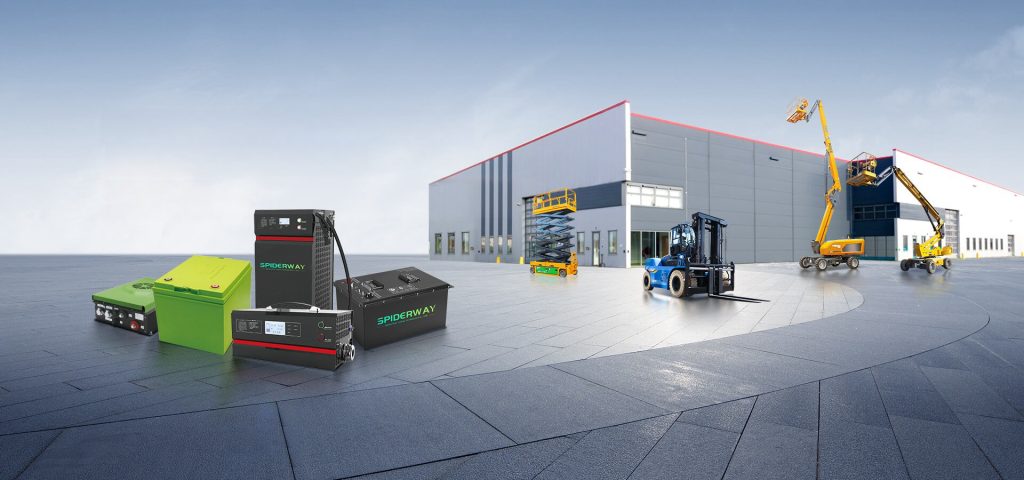
SPIDERWAY, a leading manufacturer of LFP batteries, offers a range of products specifically designed for construction machinery applications. SPIDERWAY‘s LFP batteries feature:
- High energy density and long cycle life
- Advanced battery management system for safety and efficiency
- Customizable designs to fit various equipment configurations
- Reliable performance in harsh construction environments
As the construction industry continues to embrace sustainable technologies, LFP batteries from SPIDERWAY are poised to play a significant role in the development of the next generation of electric construction equipment.
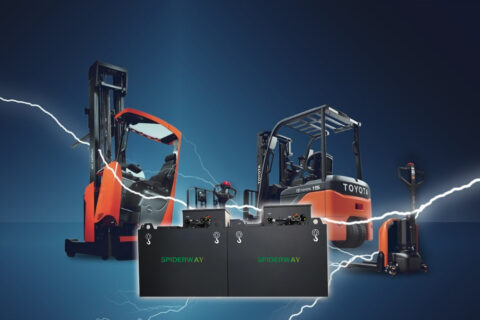 48V 304AH LiFePO4 lithium battery for KOMATSU Forklift FB20-12 Type
48V 304AH LiFePO4 lithium battery for KOMATSU Forklift FB20-12 Type- Product on sale
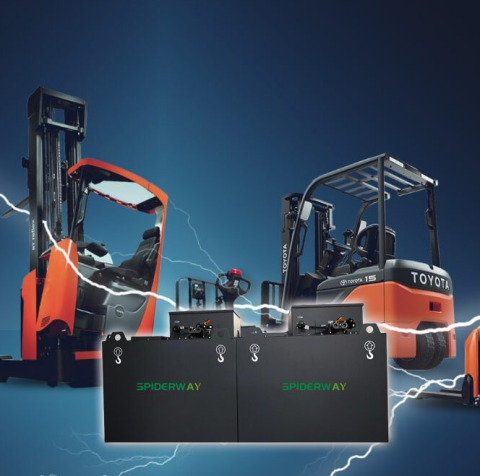 48V 404Ah LiFePO4 lithium battery for LIUGONG forkliftOriginal price was: $5,399.00.$5,318.00Current price is: $5,318.00.
48V 404Ah LiFePO4 lithium battery for LIUGONG forkliftOriginal price was: $5,399.00.$5,318.00Current price is: $5,318.00. - Product on sale
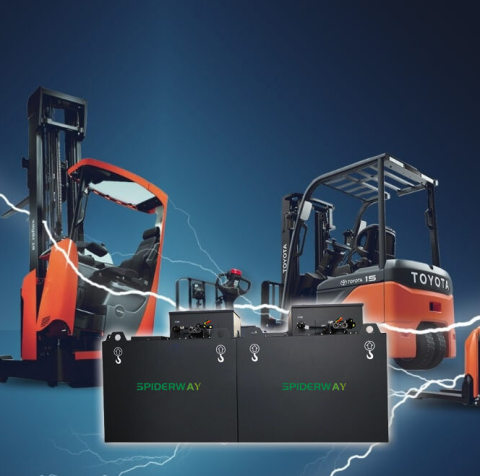 48V 606Ah LiFePO4 lithium battery for HELI forkliftOriginal price was: $7,999.00.$7,978.00Current price is: $7,978.00.
48V 606Ah LiFePO4 lithium battery for HELI forkliftOriginal price was: $7,999.00.$7,978.00Current price is: $7,978.00. - Product on sale
 80V 404Ah LiFePO4 lithium battery for HELI K2 3.5T forkliftOriginal price was: $8,399.00.$8,310.00Current price is: $8,310.00.
80V 404Ah LiFePO4 lithium battery for HELI K2 3.5T forkliftOriginal price was: $8,399.00.$8,310.00Current price is: $8,310.00. - Product on sale
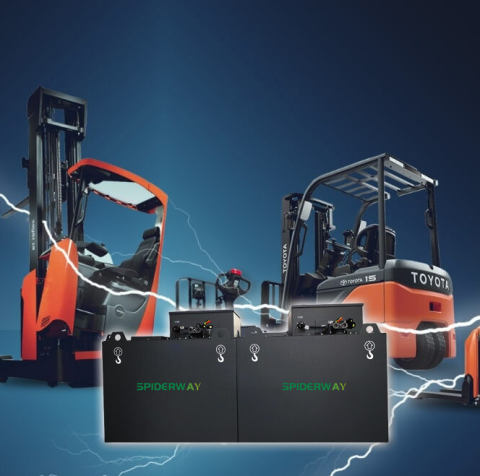 48V 404Ah LiFePO4 lithium battery for LIUGONG 2.5TforkliftOriginal price was: $5,399.00.$5,318.00Current price is: $5,318.00.
48V 404Ah LiFePO4 lithium battery for LIUGONG 2.5TforkliftOriginal price was: $5,399.00.$5,318.00Current price is: $5,318.00. - Product on sale
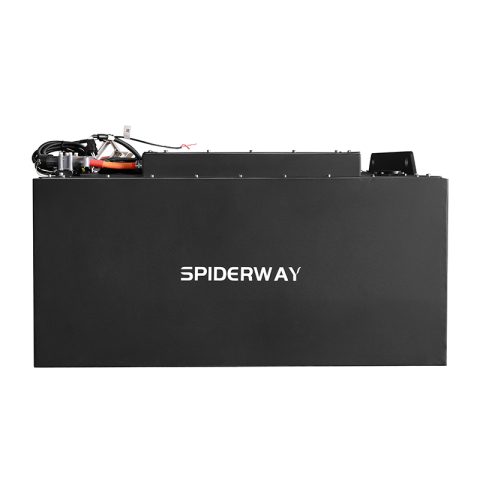 80V 544Ah LiFePO4 lithium battery for TOYOTA forkliftOriginal price was: $11,199.00.$11,190.00Current price is: $11,190.00.
80V 544Ah LiFePO4 lithium battery for TOYOTA forkliftOriginal price was: $11,199.00.$11,190.00Current price is: $11,190.00. - Product on sale
 48V 272Ah LiFePO4 lithium battery for LIUGONG forkliftOriginal price was: $3,599.00.$3,581.00Current price is: $3,581.00.
48V 272Ah LiFePO4 lithium battery for LIUGONG forkliftOriginal price was: $3,599.00.$3,581.00Current price is: $3,581.00. - Product on sale
 24V 202Ah LiFePO4 lithium battery for LINDE T20 forkliftOriginal price was: $1,399.00.$1,329.00Current price is: $1,329.00.
24V 202Ah LiFePO4 lithium battery for LINDE T20 forkliftOriginal price was: $1,399.00.$1,329.00Current price is: $1,329.00. - Product on sale
 48V 544Ah LiFePO4 lithium battery for HELI CPD20-F1 forkliftOriginal price was: $7,199.00.$7,162.00Current price is: $7,162.00.
48V 544Ah LiFePO4 lithium battery for HELI CPD20-F1 forkliftOriginal price was: $7,199.00.$7,162.00Current price is: $7,162.00.
Citations:
[1] https://www.grepow.com/blog/application-of-lithium-iron-phosphate-lifepo4-battery-in-the-industrial-field.html
[2] https://www.forconstructionpros.com/equipment/fleet-maintenance/batteries/article/22884312/challenges-benefits-of-moving-to-electric-equipment
[3] https://electrification.intercel.eu/news/convert-diesel-to-electric/
[4] https://blog.technavio.org/blog/top-10-construction-machinery-manufacturers
[5] https://www.mckinsey.com/industries/automotive-and-assembly/our-insights/harnessing-momentum-for-electrification-in-heavy-machinery-and-equipment
[6] https://www.marketsandmarkets.com/Market-Reports/lithium-iron-phosphate-batteries-market-77659282.html
[7] https://www.forbes.com/sites/samabuelsamid/2023/08/16/lithium-iron-phosphate-set-to-be-the-next-big-thing-in-ev-batteries/
[8] https://cen.acs.org/energy/energy-storage-/Lithium-iron-phosphate-comes-to-America/101/i4
[9] https://www.bigrentz.com/blog/electric-construction-equipment
[10] https://www.boomandbucket.com/blog/the-future-of-heavy-machinery-diesel-vs-electric
Author Profile

- https://tawk.to/chat/6228c78d1ffac05b1d7dc569/1ftnkn0nk
- SpiderWay LiFePO4 battery sales engineer with ten years of experience in industrial vehicle batteries, ready to answer any questions you may have about industrial LiFePO4 battery products.
Latest entries
Battery Charger KnowledgeNovember 15, 2024LFP (LiFePO4) Battery Charger Supplier from China: The Ultimate Solution for EV and Renewable Energy Applications
Industry NewsNovember 15, 2024China ESS Energy Storage Battery Manufacturers: Industry Development Data and Future Market Trends
Cleaning MachinesNovember 15, 2024Global Leading Cleaning Machines Brands & LFP Lithium Battery Solutions: Powering the Future of Cleaning Technology
Industry NewsNovember 15, 2024Embracing the Energy Transition for a Sustainable Future

